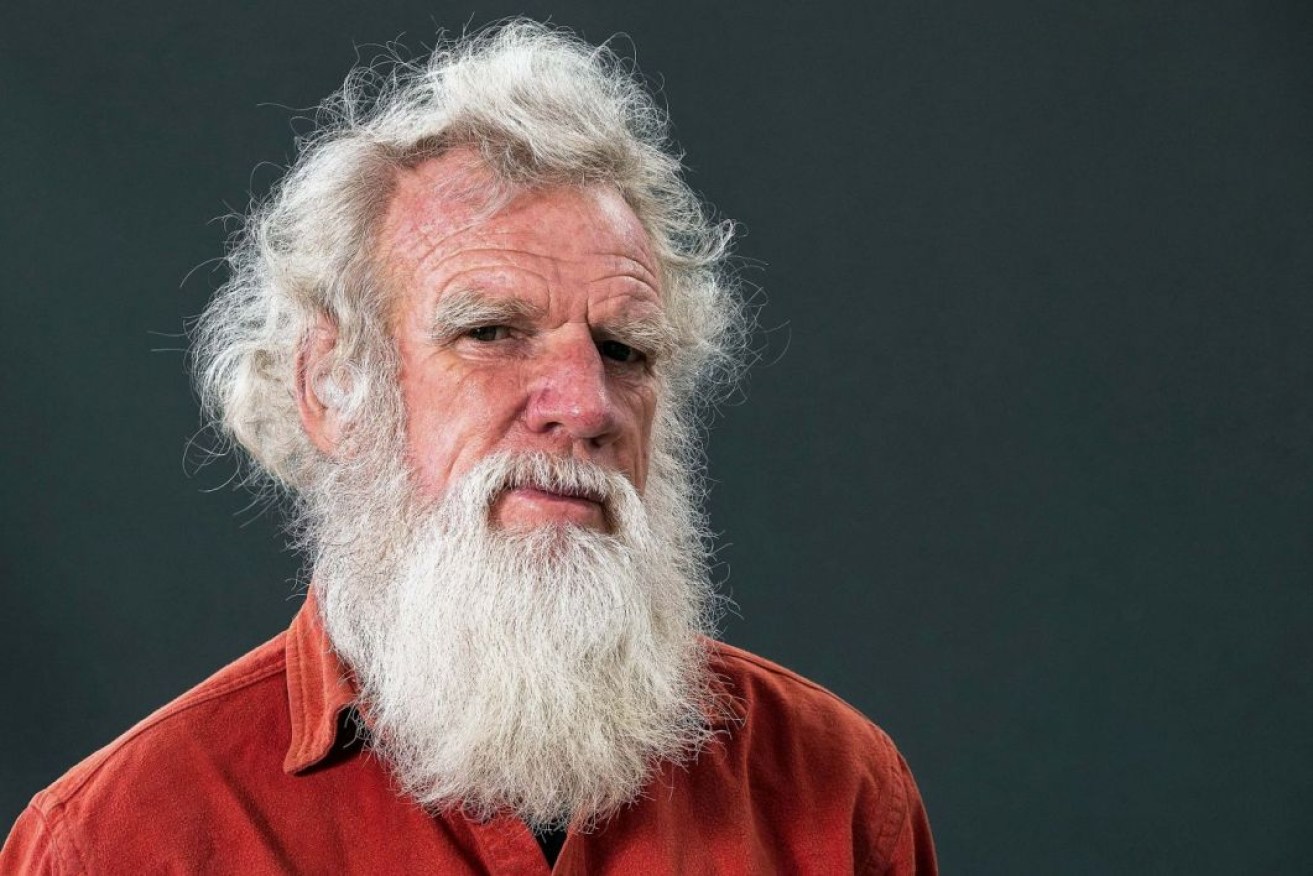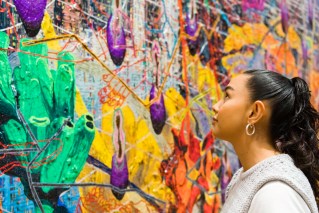Dark times: Author reflects on backlash over controversial book
Acclaimed author Bruce Pascoe, who controversially repudiated the historical portrayal of Indigenous Australians as nomadic hunter-gatherers, has reignited his challenge to history despite revealing the personal toll of sustained attacks on his writing and identity as an Aboriginal man.


The author of award-winning Dark Emu has called for more research into Australia’s past to prove Indigenous Australians were sophisticated farmers and the inventors of communal society.
Speaking with Kerry O’Brien for at Griffith University’s in Conversation series at Home of the Arts (HOTA) on the Gold Coast last night, Pascoe doubled-down on his call for a new look at Australia’s history because “the science is coming”.
“We were the first people to build villages. We invented society, we were there at the moment when humans decided they would live with each other, next door to each other, share food and fires,” he said.
“It’s an amazing moment in human life. Why would you want to deny it?”
Appointed a professor of Indigenous agriculture at the University of Melbourne last month, Pascoe said a historically accurate telling of Indigenous Australians as sophisticated farmers and land managers could provide a roadmap to minimise the ravaging effects of over-farming and climate change today.
His argument, contained in his best-selling Dark Emu that was named Book of the Year in the 2016 NSW Premier’s Literary Awards and shortlisted in the Queensland Literary Awards, sparked national debate on the representation of Australia’s First People. But it also triggered a severe backlash against Pascoe, including questioning of his bloodline as an Aboriginal man of Yuin descent.
“I was hurt,” Pascoe said. “It’s been a very hard year.”
In January, Australian Federal Police closed their investigation into a complaint that Pascoe had benefited financially from wrongly claiming to be Indigenous. The AFP found, “no Commonwealth offences have been identified”.
Pascoe said contemporary Australia had much to gain by uncovering Aboriginal farming and land management techniques, particularly after the nation’s horrific 2019-2020 bushfire season and fears ahead of this summer.
“There is so much to learn, so much to gain economically, agriculturally, environmentally. So to kick back against it, I just don’t understand it,” he said.
But he said the research would prove him correct.
“Australia will learn that. It will be in National Geographic. It will be on Discovery Channel. It will be everywhere,” he said.
“What is Australia going to say about it then? It didn’t happen?”












